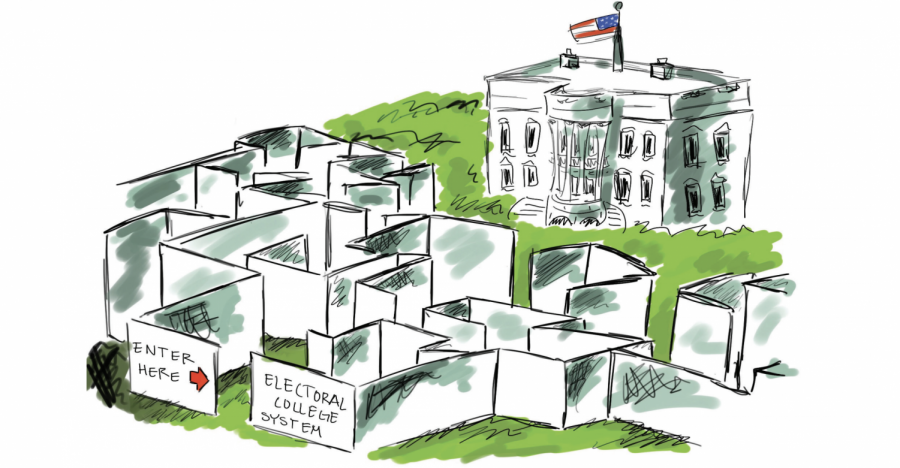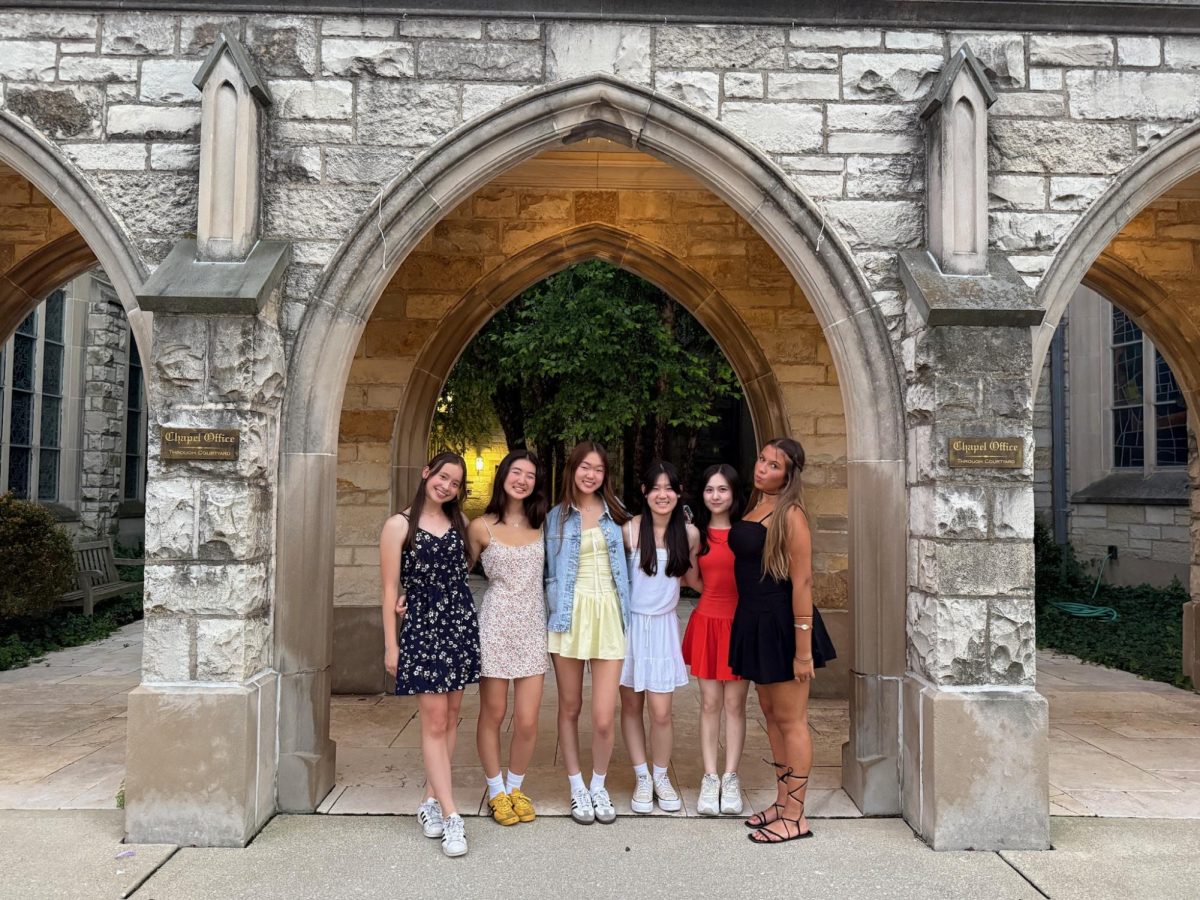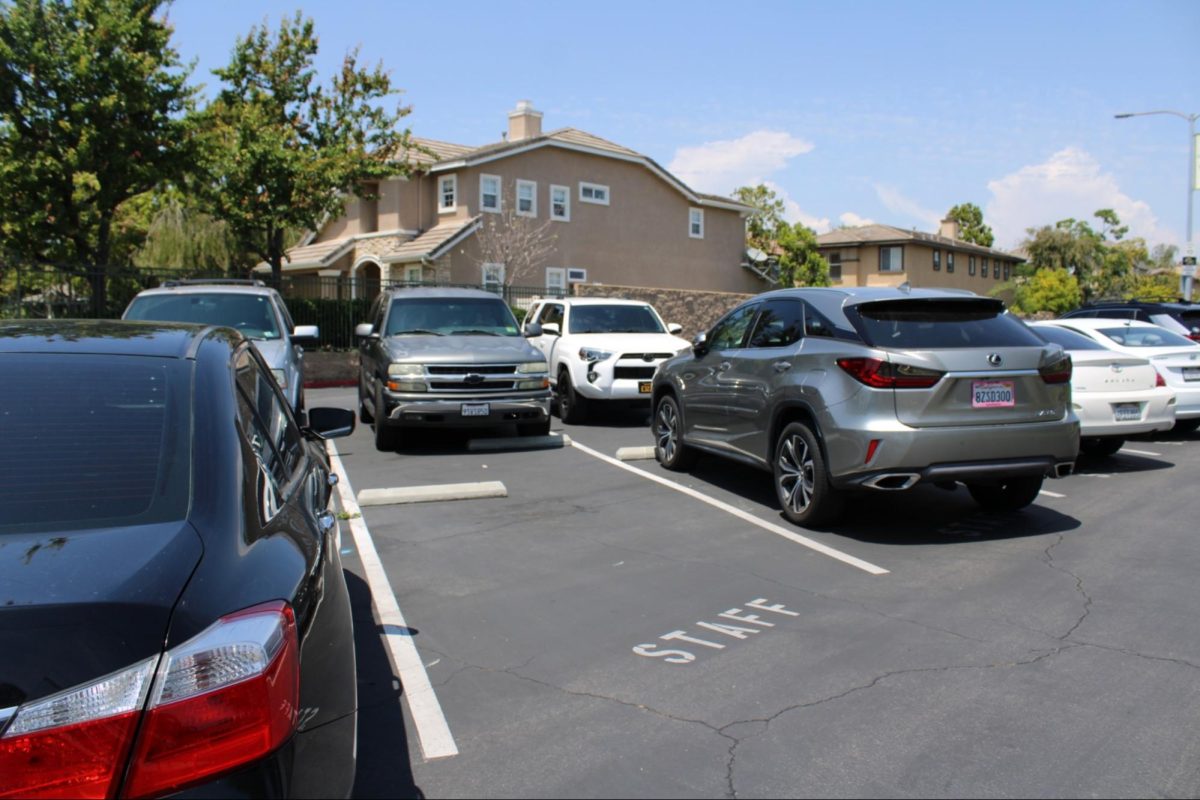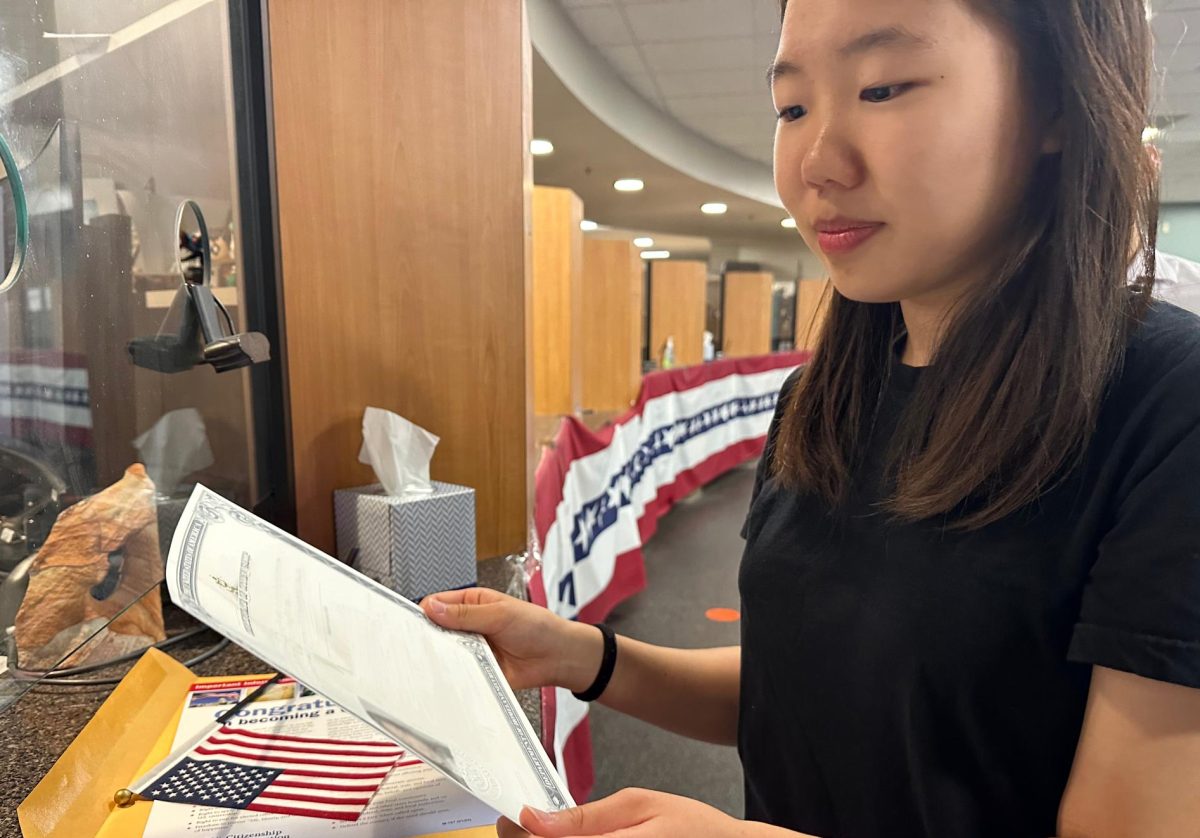Without fail, every presidential election season, the phrase “your vote counts,” gets thrown around by campaigners for the executive office, attempting to attract high voter turnouts.
However, this saying is inaccurate, to say the least.
This is mainly a result of the Electoral College.
Created by the Founding Fathers, this system was meant to ensure citizens had a voice in choosing their president while leaving the final decision to state electors.
This allowed every state to support candidates who advocated for issues they cared about, but now that states no longer act independently, the benefits of this system are lost.
Clearly, now is the time to abolish the Electoral College once and for all.
This flawed system places too much importance on peoples’ geographic location rather than their actual vote.
Voters in certain U.S. regions are given greater importance in the electoral process because their votes are more likely to sway the outcome of the election.
In the 2020 presidential election, voters in states like Georgia and Arizona essentially determined the outcome. Their votes were more impactful, giving them an unfair advantage in swaying the election.
Regions consisting of diverse ethnic populations like the West Coast of California end up being less likely to become battleground states, and so they end up getting the raw end of this deal — something that 19th century leaders who ratified the Constitution’s 12th amendment creating the Electoral College system could not have fathomed.
The complicated nature of the Electoral College also poses another problem.
It closely resembles a maze: presenting a series of dead ends and obstructing the path to a fair and simple election.
In light of all the failures of the Electoral College, many alternative systems of conducting an election have been suggested, the most viable being the National Popular Vote Interstate Compact, which calls for states to award their all electoral votes to the winner of the national popular vote.
Through this system, every vote casted nationally would be counted to determine which of the two candidates will win the popular vote and therefore, the presidency.
Some argue that this compact will disenfranchise minority party voters who know that the country is very unlikely to elect their candidate.
However, this claim has very little merit.
The compact, quite literally, ensures that every person’s vote is counted equally and even forces the states to look past their differences of opinion and come together to make a decision on a national level.
When every vote is counted, each citizen has the power to influence the election and have their voices heard. The time to make this happen has come and adopting the National Popular Vote Interstate Compact is the best way to do so.
If the federal government refuses to abolish such a corrupt system, then the saying should really go: “your vote matters… as long as you live in one of the four states that determine the outcome of the election.”
This story originally appeared in the Dec. 14 print issue, which can be read here.
























